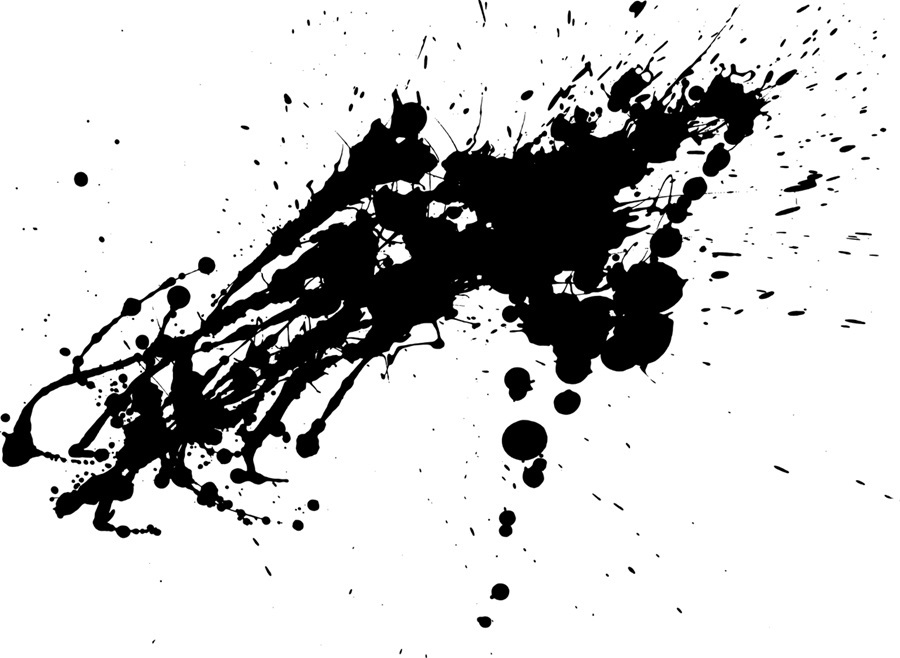- Humanities
- 29 de May de 2024
- No Comment
- 6 minutes read
The Excellence of the Ugly

The Excellence of the Ugly


Marian Raméntol
More than three decades ago, when I began experimenting with words—beyond the song lyrics many of us have written in our youth—my commitment to poetry started to take shape. I spent hours savouring its sound, its texture, searching in its phonetics for the sublimation of beauty. At that time, I considered it much more “beautiful” and therefore “poetic” to say “baldric” rather than “belt”, for instance.
I had no idea how much my perspective on the poetic would evolve over the years, or how I would escape from the confinement and pomposity of language. But I had a long way to go, with dictionaries of synonyms as inseparable companions, shaping my idea of beauty.
Góngora and Quevedo were my initial anchors. It wasn’t until I encountered M. Vázquez Montalbán, Luis Rosales, Girondo, and Huidobro that I began to understand and appreciate the marvellously lyrical power of a centrifuge, the imposing nature of “slow coffins,” or the terrible exquisiteness of “summer women with breasts of figs”.
My poetic interests shifted, and I began to manipulate words, twisting and reshaping them to transcend syntax, phonetics, language, and reason. I rediscovered myself and unearthed voices that would profoundly impact me, such as Francisco Javier Irazoki, Federico Gallego Ripoll, and Eduardo Moga.
The landscape of my poetry also transformed. Just as those in the know urge us to find our poetic voice, they also encourage us to seek our unique landscapes, to contextualise ourselves. I discovered a brutal, yet highly poetic magnetism in ugliness. This realisation brought forth vivid images of urine-filled alleys, the stench of mouldy corners, walls covered in dirty tiles, smelly sewers, plastic pubic hairs, late-night street lamps, and the eroticism of a battered city’s angles—all in the service of denunciation, as a simile for wielding the critical weapon.
The vast potential for suggestion made me feel at home in the poetic sphere, where I could universalise myself, shipwreck or reinvent myself, navigate the social, the marginal, or the political. This could reach the reader with intensity, allowing me to transcend any expressive limitations. The concept of “beauty” transformed entirely—who says a crack oozing misery can’t be atrociously beautiful, or that hatred menstruated on pavements doesn’t make us tremble?
I have always argued that poetry cannot and should not be explained because its mission is not to make the reader understand the author’s initial codes or intentions. Instead, it should offer the reader a personal and non-transferable journey through the poem. The poem invites the reader to let its fibres twitch without trying to identify which fibre is twitching or why, causing a pupil to dilate, the pores to short-circuit, the heart rate “to feel” in a primary, non-conscious way. In this realm, the poetics of the “ugly” encompasses the entire spectrum of colours with rigour and efficacy.
The tools of poetic language allow us, or rather require us, to isolate ourselves from the literalness of discourse and even to reinvent the “concept” through the use of tropes (our best allies).
Are concepts useful when admiring an abstract painting? Do we really seek to understand why the artist placed the red spot in the upper left corner and surrounded it with black? Or do we attempt to inhale what this combination of colours and spatial arrangement conveys to us? The same applies to poetry. Whether we search for beauty in the phonetic or semantic, the power of the word and the image conspire to “stain us without remedy.”
That realisation was the turning point that shaped my poetic voice—a voice I have never abandoned, whether for better or worse.
The fact that I feel a curiosity for other artistic disciplines has expanded the landscapes of my poetics. Words are no longer the sole components of my poetics; photographs, cinema, performance art, and the visual arts are now part of it as well.
Art, like any discipline contemplating abstraction or attempting to communicate beyond language, is difficult to compartmentalise and define. The human mind’s ability to “deduce,” “intuit,” or “smell” the essence of a concept is the only language that supports us in facing the challenge of a supposed, yet unnecessary, definition of poetry. We will never reach poetry through words alone; poetry does not “tell,” “explain,” or “narrate.” Its language suggests, inviting the reader to let their fibres quiver or collapse. In this respect, “the excellence of the ugly,” as I call it, fits perfectly, with all its weight, its capacity to wound, and even to tear the conscious mind, enabling us to pass through and navigate comfortably through that more primary, more sensitive realm. In reality, poetry as an artistic discipline could well be the language of a psyche that transcends reason.
Source: educational EVIDENCE
Rights: Creative Commons

